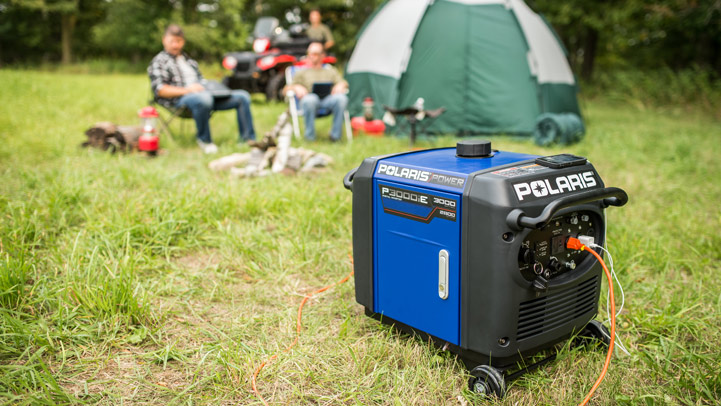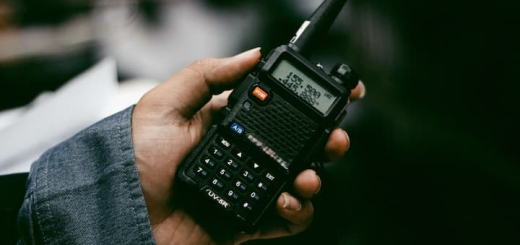The Complete Guide to Buying a Camping Power Supply Device

One of the most popular ways to get away from the concrete jungle in the past few years in Australia has been camping. Even though the entire point of camping is to indulge in nature’s beauty and get away from all technology, there are still devices that need power in order to make your camping experience complete. That being said, a power supply of some sort is essential, whether that’s a solar panel attached to your camper van, a battery pack, a generator, or anything in between.
Not every camping power supply is suitable in every situation. Everyone has unique needs and preferences. So before you invest in a camping power supply you need to know what you’re looking for in order to make a quality selection.
Once you decide what type of power supply fits your need, there are still a couple of other things you need to consider, such as the types of devices you’ll power, the power output you need, the type of camping you’ll be doing, how frequently you’ll be camping and the locations you’ll be camping at. All of these considerations will help you get one step closer to buying the right product.
Additionally, you need to consider a few other factors, including: the number of people that will be using the power supply, the age of the users, and whether you want an emergency backup. The number of users will impact how much outlets you’ll need from the power supply, as well as its power capabilities. The age of the users matters because if children are present, you should consider a device that’s safe for kids to use.
Now that you have a better idea of which type of power supply is best for you, you can start getting picky and weed out the decent products from the quality ones. The last few considerations that can help you narrow down to a T include:
- Power Type – Do you want it to be powered by gasoline, solar, wind or rechargeable electric?
- Capacity – The amount of charges it provides and its power output matters a lot.
- Size and Weight – How big and heavy the device you need is will heavily impact its convenience for use – usually smaller and more lightweight is better.
- Battery storage – Whether the unit recharges devices or it stores a charge itself can make a difference.
- Durability – The device needs to be adequate for outdoor activities and has to be resistant to hot weather, snow and rain.
- Extra Features – How many USB ports do you need? Can it be plugged into a standard outlet? All of this can make or break a power supply for you.



